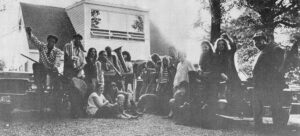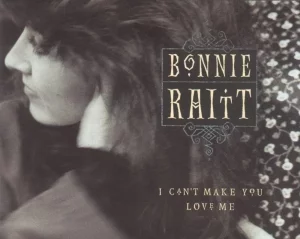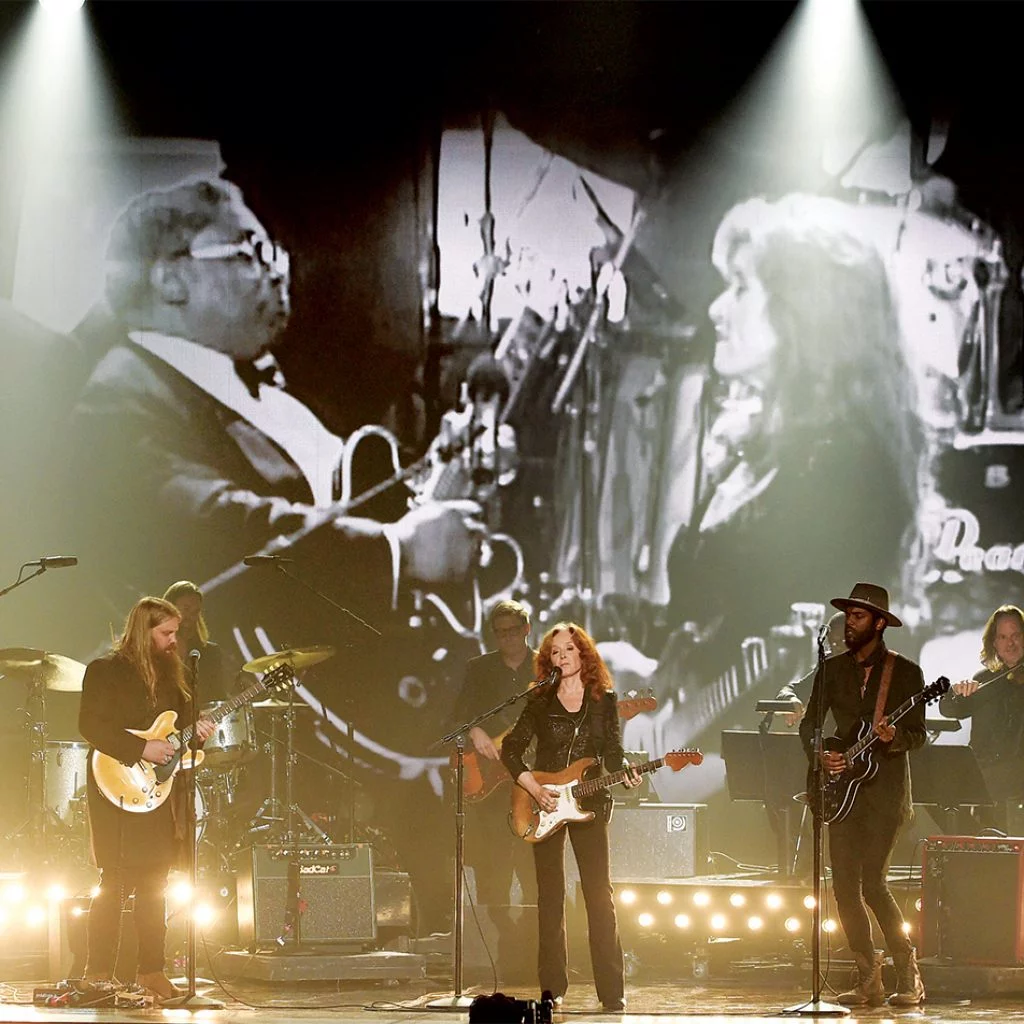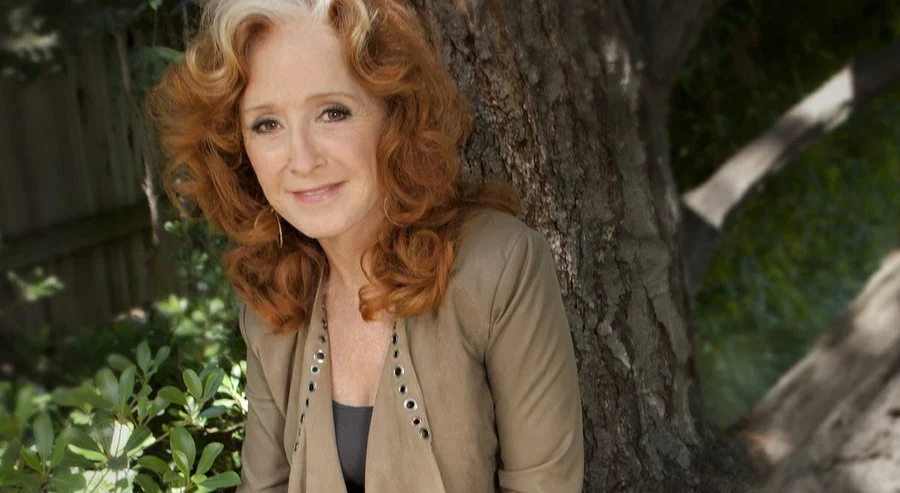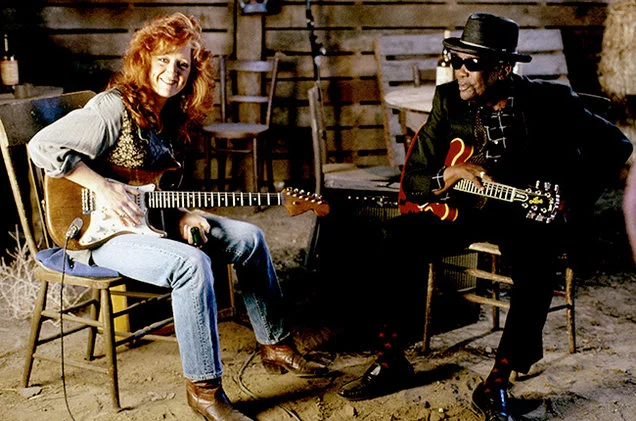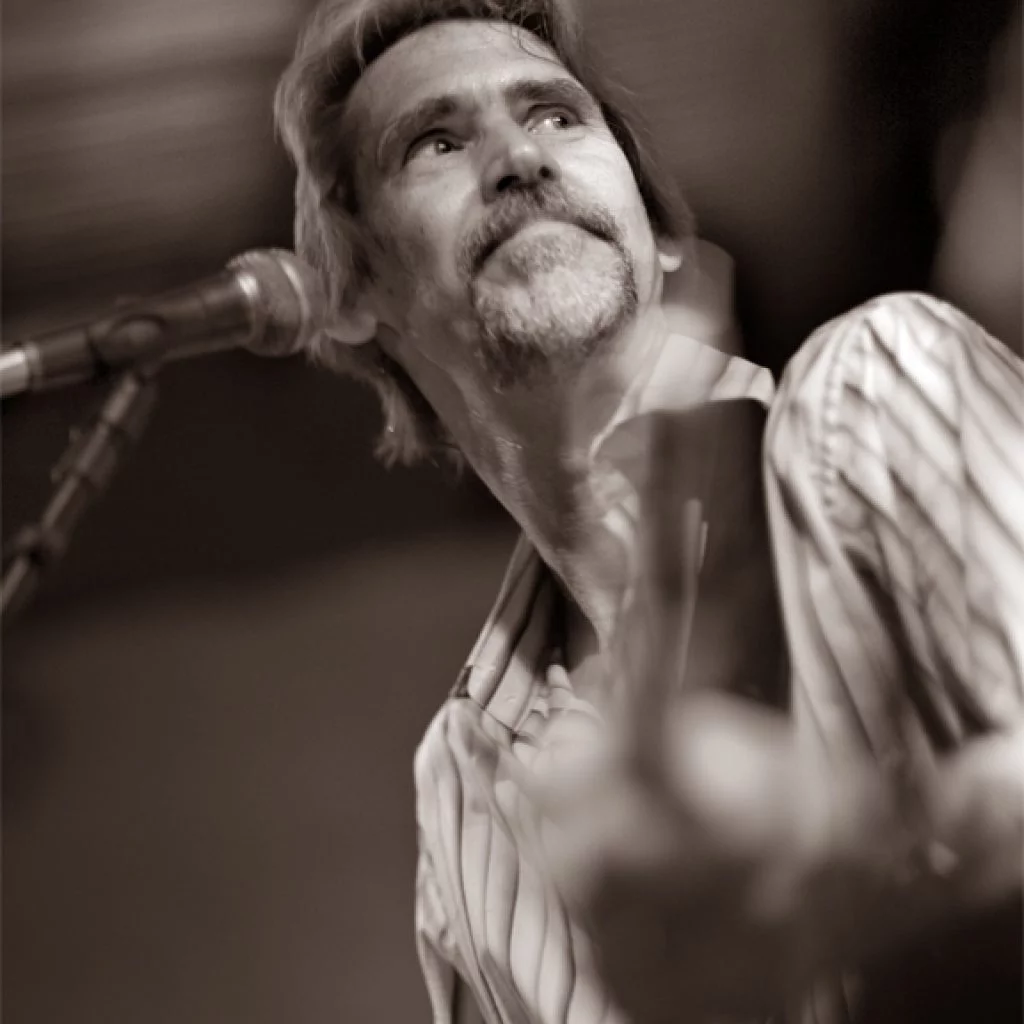
Bonnie Raitt, who turned from folk to blues when she discovered the genre, says she’s ready to move toward Southern sounds, away from the Los Angeles music scene.
If the blues hadn’t come along, Bonnie Raitt might well have ended up as another flower-power folkie like Judy Collins, rather than the gutsy purveyor of the styles of Fred McDowell and Mississippi John Hurt.
Raitt, the slide-guitar-playing daughter of Broadway star John Raitt, was a fan of Collins and Joan Baez until somebody gave her an album of blues at Newport when she was 13 or 14 years old.
It literally changed her life.
“It had Brownie and Sonny, John Lee Hooker, Dave Van Ronk,” Raitt said in a suprisingly bright voice. Blues players ought to talk like closing time in a bar, but Raitt has just a touch of rasp in her voice, and her sentences trail off into soft obilivion.
“We were in the middle of the so-called folk revival and the blues were getting a lot of attention … people like Son House, John Hurt, Fred McDowell … it just struck me like a gong.”
After listening to the album and others like it, she began playing blues instead of folk. She no longer wanted to be Judy Collins.
At 18 or 19, she ran into Son House and Arthur Crudup and others and received further education in the heritage that is the blues.
“A lot of people think I didn’t learn about the blues until I met them (in my late teens),” Raitt says. “But I listened to the albums. I still have that (Newport) record, as a matter of fact.”
Raitt may be the best-known white female interpreter of the blues, which for others would be a dubious distinction. For Raitt, who doesn’t particularly care for labels, it’s merely one description of what she does, and she considers her musical direction to be constantly changing.
“I’ve always liked soul music better than white rock… a couple of purists think that I’m selling out if I don’t stick to a strict country-blues style … to my so-called roots … But you can only do so many shuffles in E before they get to be tiring.”
She says her musical direction may be changing even now.
“I’d like to move toward the South and away from Los Angeles,” she says. “I’m a real big fan of (Texas r&b’er) Delbert McClinton. I’m trying to get away from the same circle of friends in California. It’s getting very limiting anyway with everybody — Linda, Emmylou, Jennifer Warnes, Karla — all drawing from the same circle of songwriters. The way to get around that is to emphasize the things that are different.”
She says she’s particularly fond of the music from Tulsa and Fort Worth, so maybe you’ll soon hear Raitt singing “A Mess of Blues,” a song off McClinton’s last album.
Finding material is an important part of the creative process when you write as little as Raitt does. She admits her talent is not primarily as a songwriter.
But she helped find fledgling talent like Jackson Browne and Eric (“Love Has No Pride”) Kaz when they were unknown songwriters.
“On the last album, I wrote one song” she says, perhaps a touch defensively. “If I find, a subject I wanna talk about, I write … Jackson and I have a real good connection because he seems to say what I would say — if I could write better.”
Raitt has a rough sweetness about her, certainly not a woman to be trifled with, but not cold and unapproachable, either. No L.A. angel, Raitt has spunk, fire and, yes, earthy sexiness to her. Enough so that a DJ recently asked her, to her dismay, “Hey, what’s it like to be a sex symbol?” She parodies that style with painful accuracy.
Raitt still shows a refreshing innocence, an endearing quality in light of her occasionally bawdy lyrics, particularly those on songs by her “sassy grandmother,” Sippie Wallace.
With Wallace, Raitt returned a small payment on her blues debt. Influenced by that Newport album, Raitt played a tribute to Fred McDowell at the Ann Arbor Jazz and Blues Festival in 1972, and joined Wallace on “Women Be Wise,” which Wallace wrote in 1929.
Wallace’s songs, and Raitt’s interpretations of those and others, go over just fine in an era of stronger women and the “revelations” that women have all the same emotions men have been singing about all these years, that is, lust and pride and hard-edged jealousy.
With unshy lyrics, Raitt says she might “give a hint on how to strike my flint” on “You Got To Know How,” and on another song her outside lover is so good he’s “About To Make Me Leave Home.”
Raitt is still working on her film about Wallace, trying to raise the money independently. Just before her last trip to Tampa in December 1977, she took Wallace to Baton Rouge and the Kingfish Club for some filming.
“I feel a great responsiblity to spread what these people were doing instead of just getting it through me. Eighty-two (Wallace’s age) is not a time you should be waiting around for something like that….”
Raitt pays tribute to her mentors in other ways, too, including touring with blues masters like Muddy Waters. But, recently, Raitt has become depressed when she realizes how many original bluesmen are no longer around.
“I’ve watched six, seven of my dear friends die,” she says. “It’s so depressing to me… Someday I’m gonna have to lecture at black high schools on what kind of style Fred McDowell had.”
That’s not the kind of tribute Raitt would prefer to pay. She’d much rather audiences turned on to the original blues artists, but she knows that’s getting harder and harder, that age and ill health have taken their toll on the roster of blues greats.
Once Raitt starts talking about Hurt and McDowell and Waters, she abandons her casual conversational tone, and begins talking in a concerned rush. Then she pauses and laughs a little at herself.
“I’m sorry, I got on a roll there,” she says, not taking any of the meaning back. “It’s just been a long time since I talked about any of this stuff….
“… Every single time you run through a town, somebody else has died….”
Someone in the background tells her there’s a sound check in 15 minutes.
Raitt is asked about her involvement with the all-star, Musicians United for Safe Energy (MUSE) concerts in New York and her own growing active anti-nuclear stance.
“It’s a real important part of my life,” she says. “I spend my afternoons doing interviews talking about it … It’s changed my lifestyle. You can’t devote as much time to your music … So, I would say it’s equally as important as my music.
“My life in general is more satisfying because it involves something I believe in.”
Despite that, Raitt has no plans to record a no-nukes song.
“I find it very hard to stomach the political music over the past 10 years … it seemed to turn off more people than it turned on … with the exception of John and Johanna’s Hall’s ‘Power.’
“I would like to say the (MUSE) film will be coming out in August. On April 2, I’ll be in New York for the final edit of the film. We’re all producing it together.
“We’ve picked a real important issue. We try to bait them (audiences) into the concerts, and maybe they’ll learn something besides. It would be great….”
Whatever she does, concerts or political statements, Raitt brings her particular style to it; she has the ability to raunch it up with the boys and not be vulgar. She maintains her class.
Before she goes to the sound check, Raitt again returns to the deaths of blues players.
“Don’t make it sound like I’m depressed all the time,” she says, “I just got started talking about that. I DO have a good time.”
Bonnie Raitt will be in concert tonight at 8 at the Tampa Jai Alai Fronton. Christopher Cross will open. Tickets are $6.50 and $7.50.















 Visitors Today : 99
Visitors Today : 99 Now Online : 0
Now Online : 0








